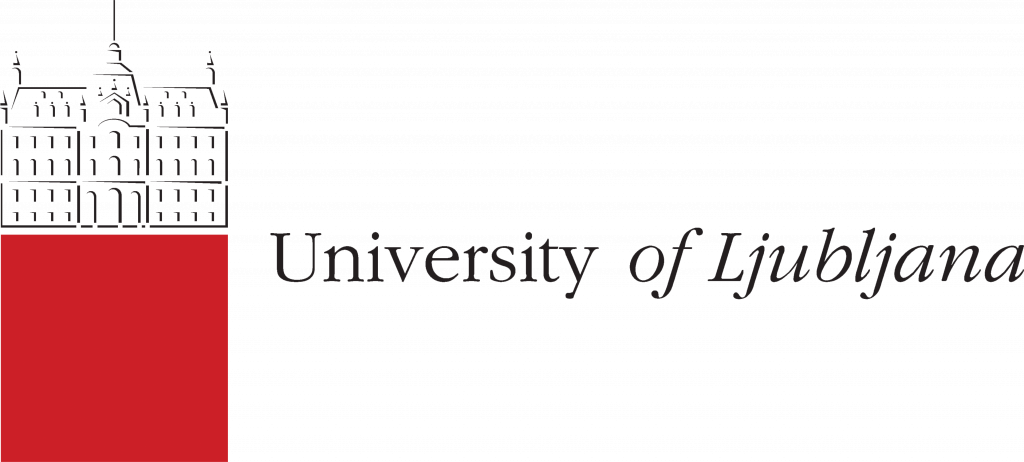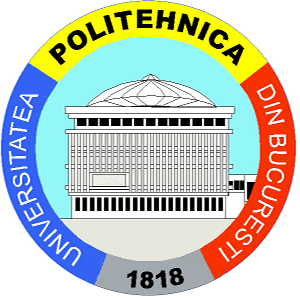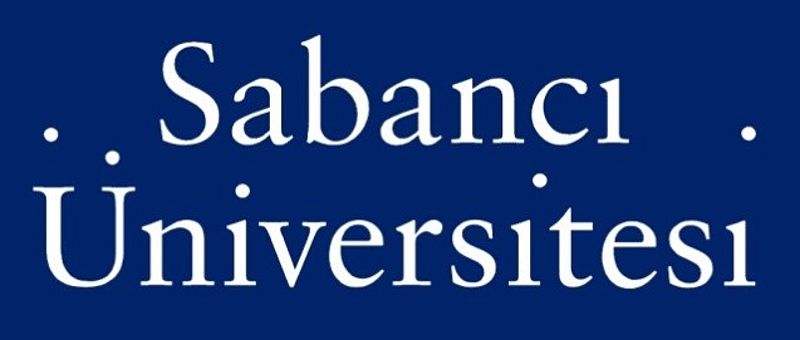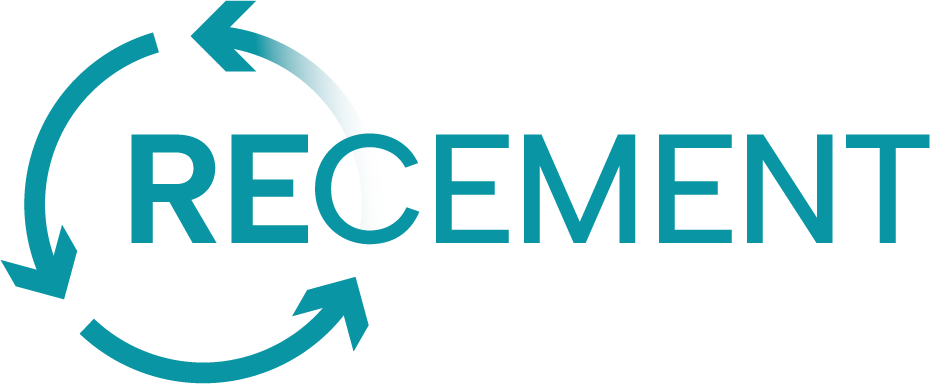The RECEMENT consortium is composed of 4 partners from 2 EU countries (Slovenia (SI), Romania (RO)) and one associated country (Turkey (TR)), all of whom have demonstrated strong ties to the cement industry in their respective countries. The RECEMENT consortium consists of interdisciplinary experts from the fields of cement chemistry and technology, materials science, civil engineering, advanced and in-situ electron microscopy characterization and geology. In addition, the research infrastructure of the consortium brings together a unique pool of capabilities that will enable the project to be conducted from a perspective that stretches from understanding molecular level, chemico-structural changes to bulk properties of the reactive SCM phases and related cement.

University of Ljubljana (UNI-LJ), via the Geology department, has a strong connection to the Slovenian cement industry (Salonit Anhovo) and Ca-bearing quarries (Lipica, Hotavlje). It contributes to RECEMENT through leading the eco and economic assessment for cement production from SCMs (WP4), mining and re-generating recycled SCMs for binding agents (WP1); and to dissemination and outreach (WP5).

University POLITEHNICA of Bucharest (UPB), the largest technical university from Romania, is the home of the National Research Centre for Micro and Nanomaterials. UPB will lead WP2, primarily responsible for characterization of all collected debris (from WP1) for specific potential SCM metastable phases, and the part of WP3 mainly focusing on conventional microstructure characterization of re-activated SCM phases, cements and concrete; and contribute to dissemination, exploitation and outreach (WP5).

Sabanci University (SU), coordinating the project (WP5-leader), is internationally recognized as one of the most innovative and research-oriented universities in Turkey and hosts a separate research centre, the Sabanci University Nanotechnology Research and Application Center (SUNUM). SU has a history of successful collaboration with the cement industry in Turkey, including activating aluminosilicate minerals in industrially supported programs. SU will contribute to raw material characterization, re-generation of EOL into potential SCMs and defining pozzolanic/hydraulic behaviour of re-generated SCMs (WP1); performance evaluation of mortar including re-generated SCMs and leading overall tests of re-generated SCM on durability of cement-based materials (WP3); and to dissemination, and exploitation (WP5).

The Jozef Stefan Institute (JSI), the national research institute of Slovenia, is represented in RECEMENT by the Department for Nanostructured Materials. This JSI group is already actively involved in cement studies of alkali silica reaction in mortars. With a strong track record in processing technologies combined with the world leading experts in the field of transmission electron microscopy, JSI will lead innovative studies in in-situ heating and liquid TEM in WP2; contribute to in-depth understanding of activation mechanisms during the initial stage of the SCM activation and cement formation (WP1); perform conventional phase/chemistry nanoscale analysis of reaction zones using high-resolution TEM (WP1); and lead overall dissemination, exploitation and outreach of project results (WP5). JSI will also organize the thematic workshop, ”ReCementing Society”.
